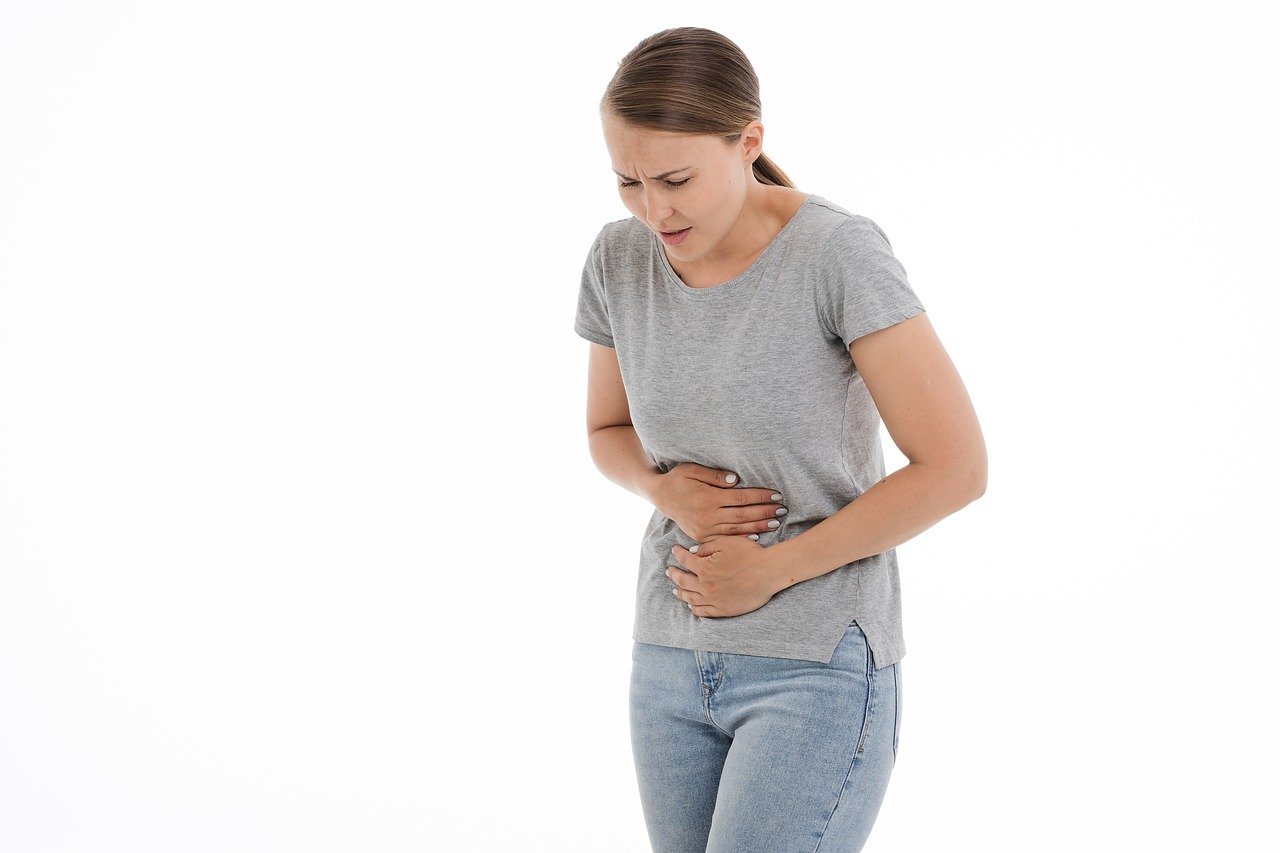A recent survey shows that about 74 percent of Americans have digestive symptoms. Many of these symptoms are the result of either stomach bug or food poisoning.
But exactly how do food poisoning and stomach bug differ? In today’s post, we address the food poisoning vs stomach bug discussion. We hope that by the end of your reading, you’ll know how to differentiate the two and what measures to take when suffering from either.
Food Poisoning vs Stomach Bug: How the Symptoms Differ
When you have the stomach bug, you’ll experience such symptoms as nausea, diarrhea, intestinal cramps, vomiting, weight loss, joint aches, fever, and headache.
Typically, the symptoms of the stomach bug or stomach flu develop between 24 and 72 hours after you’ve been exposed to the virus.
Thankfully, most cases of stomach flu resolve within a few days. However, certain people may feel sick for up to 10 days. If the symptoms of the stomach bug persist for a longer period, be sure to keep in touch with your physician to check for any complications.
The symptoms of food poisoning are largely similar to those of the stomach bug. They include diarrhea, intestinal cramping, fever, muscle aches, chills, headaches, and general malaise. Where the case is severe, you may have bloody vomit or stool, loss of consciousness, severe abdominal cramping, or even shock.
Food poisoning symptoms appear between hours to days of initial exposure. That depends on the specific pathogen responsible for food poisoning. Typically, these symptoms improve within two or so days.
While anyone can suffer food poisoning, babies, children, and the elderly are more vulnerable.
The great news about food poisoning is that most cases aren’t fatal. However, one form of food poisoning called botulism can have fatal results when not treated properly. Botulism is caused by Clostridium Botulinum, a bacterium that impacts the nervous system.
How Do the Causes Differ?
The next difference between the stomach bug and food poisoning has to do with what causes each. The stomach bug is caused by several different viruses, including the rotavirus, the norovirus, and the adenovirus.
When the stomach bug is caused by the norovirus or rotavirus, it is very contagious. The infection most commonly happens between the months of October and April in the US.
Most cases occur when people come into direct contact with people infected with the disease. If, for instance, you come into contact with an object an infected person touched that has their saliva, vomit, or stool, you can get the disease.
Food poisoning occurs when an infectious organism such as a virus, parasite, or bacteria contaminates food. Salmonella is one of the leading germs that cause food poisoning in the US.
Many cases of food poisoning also occur when people eat undercooked or contaminated meat. Other foods that may cause food-borne illness include undercooked or raw eggs, raw oysters or fish, raw sprouts, unpasteurized milk and other beverages, and undercooked rice.
Food Poisoning vs Stomach Bug: Possible Complications
After a few days of contracting either the stomach virus or food poisoning, certain complications may develop. One of these complications is dehydration, which is characterized by dark urine, low blood pressure, dryness in your throat or mouth, excessive thirst, and dizziness. Some people, especially babies, may have fontanels or sunken eyes as a result of dehydration.
The most important thing is to see a doctor the moment you notice these symptoms immediately.
How Do You Treat the Stomach Bug?
Dehydration can quickly become a severe problem if you have the stomach bug. As we pointed out earlier, you should immediately seek medical attention once you notice any symptoms of dehydration.
Be sure to drink a lot of fluids to restore your body’s hydration levels. Drink fluids at least every one hour. Avoid sugary drinks, such as soda and Kool-Aid, as they do nothing to replace any lost electrolytes. Ice chips and plain water are better options.
As soon as you’re ready to eat once again, slowly introduce bland foods such as bread, cereals, and whole grains into your diet. Avoid drinks that may upset your system, such as caffeine, alcohol, dairy, and spicy foods.
How Do You Treat Food Poisoning?
Talk to a physician the moment you experience such symptoms as pus or blood in your pus. Do the same when you have diarrhea that lasts over three days or a fever above 38°C. Any symptoms of dehydration should also be treated with equal seriousness.
Mild cases of food poisoning can respond well to fever-reducing drugs and rest. Severe cases may require getting admitted to a hospital for IV hydration. Your doctor may also prescribe antibiotics in severe cases.
Where you suspect that your food poisoning was caused by restaurant negligence, you may consider suing the restaurant. Hire a reputable law firm, such as Soffer Firm, for legal representation.
Stomach Bug vs Food Poisoning: Prevention Tips
The good news is that cases of stomach flu or food poisoning can be prevented.
One of the best ways to prevent the stomach bug is by avoiding contact with an infected person. If you have a child, consider having them vaccines against the rotavirus once they are two months old. Washing your hands can also help prevent the stomach flu.
Some food poisoning prevention tips include ensuring that food is fully cooked before you consume it. If food looks or smells funny, throw it out. Also, eat only in reputable restaurants.
Know What Sickness You Have
As the food poisoning vs stomach bug debate continues, it’s clear that there are important differences between the two. Knowing these differences can help you determine what sickness you may have and seek the proper treatment.
Are you interested in learning more about digestive illnesses and how to prevent them? Please keep visiting our blog.







